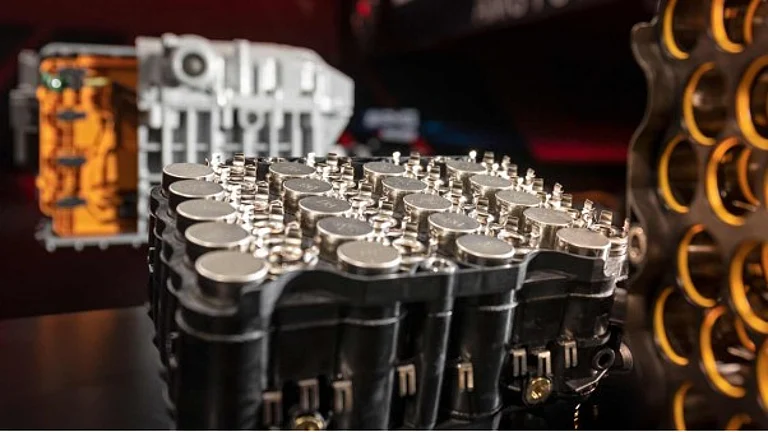The government is developing a comprehensive 'cooperative stack' by integrating various schemes through Primary Agricultural Credit Societies (PACS) to create a unified system for dispensing benefits in rural areas, a top cooperation ministry official said on Tuesday.
Govt Developing 'Cooperative Stack' to Integrate All Rural Schemes Through PACS
This cooperative stack initiative aims to transform the rural institutional landscape by leveraging PACS as the primary vehicle for delivering government benefits, marking a significant shift from the current fragmented approach
This cooperative stack initiative aims to transform the rural institutional landscape by leveraging PACS as the primary vehicle for delivering government benefits, marking a significant shift from the current fragmented approach, where different schemes operate through separate channels.
"The ecosystem (of PACS) has been changed. (We have) reinvented the system...It was necessary to remove opacity and lack of transparency in PACS. We worked on that," Cooperation Secretary Ashish Bhutani said, highlighting the government's efforts to bring transparency to village-level credit cooperatives.
Bhutani, while addressing a workshop on emerging technologies in PACS, also said the digitisation of PACS through online systems has already begun transforming operations, with many societies now operating through digital platforms to enhance efficiency and accountability.
There are now about 1.08 lakh PACS having 13 crore members across the country. Of which, around 63,000 PACS are in the advanced stage of computerisation, he said.
The cooperative credit societies are the oldest institutions that were set up in the 1900s. In the course of time, Urban Cooperative Banks (UCBs) and Regional Cooperative Banks (RCBs) were computerised, but not the PACS.
Without transparency and technology adoption, the regulator Reserve Bank was not allowing them to undertake more activities. After the cooperation ministry was formed on July 6, 2021, the focus was on computerising and strengthening the PACS. The government is targeting to computerise 80,000 PACS, he said.
With more PACS getting computerised, the government has started a comprehensive initiative to integrate all schemes with PACS, which are institutions backed by legislation, rather than continuing to create multiple separate systems for different rural interventions.
"PACS are backed by an Act. Why not strengthen the existing PACS than keep on adding a new system every day? There is no point creating silo institutions in individual areas," the official explained, emphasising the need for institutional consolidation within the cooperative stack.
"The intent now is to migrate to a cooperative stack, similar to agristack initiated by the agriculture ministry," he said, adding that the idea is to create a unified system for dispensing benefits of government schemes in rural areas.
While other rural clusters like Self-Help Groups have emerged over time, these operate under circulars and notifications rather than formal legislative backing, making PACS a more robust and legally sound foundation for the comprehensive cooperative stack being developed.
The official noted that Self-Help Groups came into existence primarily because PACS were not functioning adequately in certain areas.
An inter-ministerial committee of secretaries is actively working on establishing a single centre for dispensing all government scheme benefits in rural areas instead of the current system of multiple institutions handling different programmes.
PACS have been identified as uniquely positioned to serve as the backbone of this cooperative stack, given their widespread presence across rural India and their legal backing through cooperative legislation.
The official emphasised that technology adoption is crucial for seamlessly linking all schemes through the cooperative stack, with digital integration being the key to successful implementation.
"The technology is the way forward to link all schemes seamlessly through PACS. It's all the more reason to ensure PACS embrace technologies as soon as possible," Bhutani said.
The technology integration within the cooperative stack includes AI-driven solutions such as automated weather advisories that can help farmers make informed decisions about crop management and agricultural practices.

